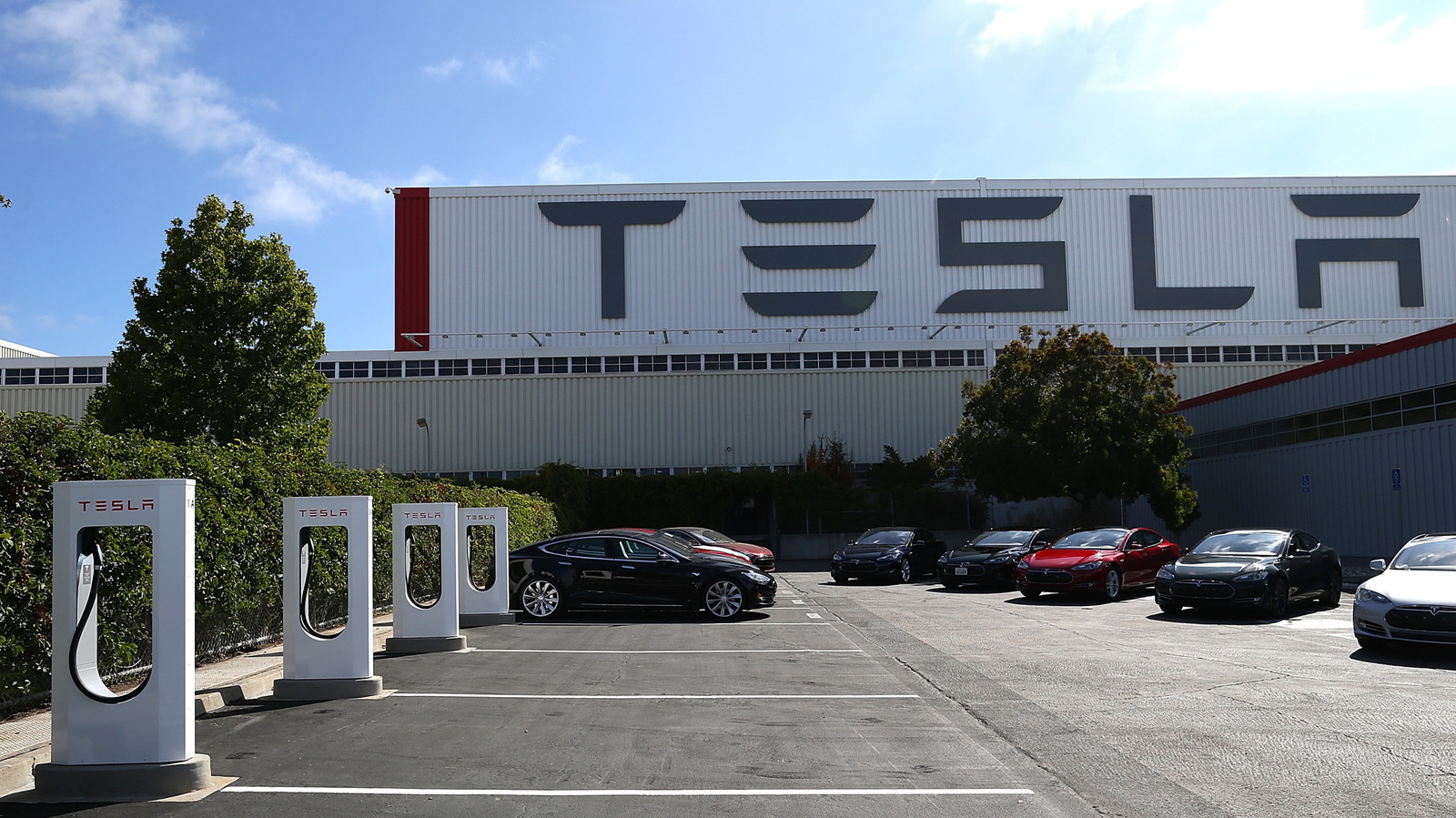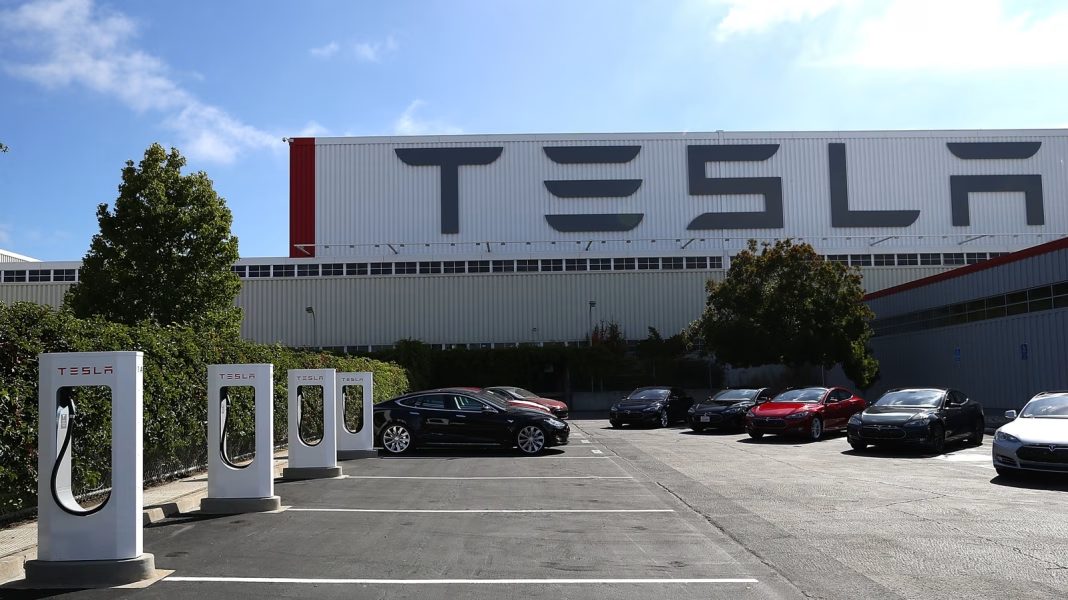Elon Musk has always been a figure of fascination, and his recent decision to shut down the very program that once supported his ambitious ventures raises eyebrows. This program, a government loan office, played a crucial role in helping him launch Tesla, which has become a cornerstone of his wealth and influence. So, what does this mean for the future of innovation and entrepreneurship in the tech industry?
How Did Government Support Fuel Musk’s Rise?
Back in the early days, when Tesla was just a fledgling company with a bold vision, it was the support from the government that helped Musk turn his dreams into reality. The Department of Energy’s loan program provided crucial funding that allowed Tesla to develop its electric vehicles and scale production. This financial backing was not just a safety net; it was a lifeline that enabled Musk to take risks that would ultimately pay off. Without that initial push, it’s hard to say whether Tesla would have reached the heights it has today.
Now, with Musk’s decision to dismantle this program, it raises questions about the future of similar initiatives. Will other startups find themselves without the support they need to innovate? The irony isn’t lost on many: the very system that helped Musk become one of the richest individuals on the planet is now being sidelined.
What Are the Implications for Startups?
For budding entrepreneurs, the shutdown of this program could signal a shift in how innovation is funded. Many startups rely on government loans and grants to get off the ground, especially in industries like clean energy and technology, where upfront costs can be astronomical. If these funding avenues dry up, it could stifle creativity and slow down advancements in critical areas like renewable energy and electric vehicles.
Moreover, Musk’s actions might discourage other investors from supporting high-risk ventures. If the message is that government support is unreliable, private investors might think twice before putting their money into groundbreaking projects. This could lead to a more cautious approach in an industry that thrives on bold ideas and the willingness to take risks.
Is There a Silver Lining?
On the flip side, Musk’s move could also inspire a new wave of self-reliance among entrepreneurs. Without government backing, startups may be pushed to innovate in ways that are more sustainable and market-driven. This could lead to a more competitive landscape where companies must prove their worth without relying on external support.
Additionally, the tech industry has always been about adaptation. If one funding source disappears, others will emerge. Venture capitalists and private equity firms may step up to fill the gap, creating new models for funding innovation. The landscape may change, but the drive for progress will likely remain.
What Can Entrepreneurs Learn from This?
Musk’s journey underscores the importance of resilience and adaptability. While government support can be a boon, it’s not the only path to success. Entrepreneurs should focus on building robust business models that can thrive independently. Diversifying funding sources, seeking partnerships, and tapping into community support can create a more stable foundation for growth.
Furthermore, understanding the landscape of funding is crucial. Entrepreneurs should stay informed about shifts in government policy and explore alternative funding avenues, such as crowdfunding or angel investors. The more options available, the better equipped they’ll be to navigate challenges.
The big takeaway? Musk’s journey isn’t about perfection—it’s about smarter adjustments. Start with one change this week, whether it’s exploring new funding sources or refining your business model, and you’ll likely spot the difference by month’s end. Embrace the uncertainty, and let it fuel your innovation.


